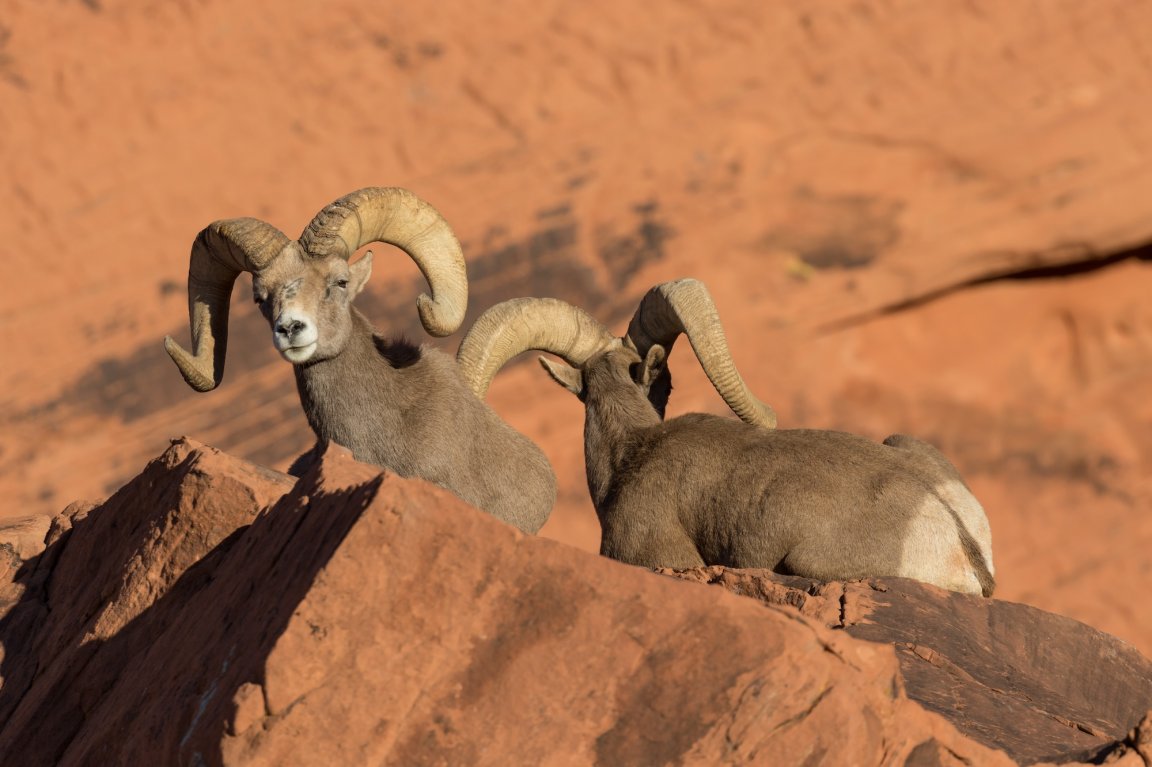The Arizona Game and Fish Commission voted Friday to abolish the state’s practice of auctioning big-game tags. In their controversial 4-1 vote, the commissioners decided that, although these tags have provided millions in wildlife conservation funding by selling coveted tags to the highest bidders, auctions should be replaced with a more equitable system. The decision comes just a year after a Nevada man bought the Arizona statewide mule deer tag for a record-setting $725,000 at the 2023 Western Hunt Expo auction.
Ahead of the vote, commissioners weighed the value of auction tags against the stigma these auctions have among the hunting and non-hunting public. They also had to balance simultaneous obligations to provide hunting opportunities for everyone for while maintaining a steady revenue stream to fund wildlife conservation.
Supporters of the commission’s March 15 decision say it’s about time Arizona stopped selling its wildlife to the wealthiest hunters. Critics, meanwhile, worry that the loss of revenue from auction tags will make it harder for the state to properly manage its wildlife.
“I remember several decades ago when [the boards and commissions of] Western wildlife agencies first began to set aside these special tags, and I found myself very uncomfortable … I was opposed,” former Arizona Game and Fish commissioner Bob Hernbrode said during the public comment period of Friday’s meeting. “But I was wrong. From a purely business sense, most big game species we hunt would be called ‘loss leaders.’ The revenue from the sale of licenses and tags, and the federal money that goes with it, aren’t anywhere near what it takes to manage those species.”
Read Next: Auction vs. Raffle Tags: Should States Stop Selling Big-Game Tags to the Highest Bidder?
The problem with the commissioners’ decision, critics say, is that they haven’t yet decided how they’ll replace the revenue that’s generated by auction tags every year, and which funds the management of critically important species like desert bighorn sheep. They argue that when a hunter purchases an auction tag for a mule deer, for example, they’re not only buying that tag but funding valuable work that benefits every deer herd in the state. This, in turn, provides more opportunities for all hunters.
The overwhelming presumption among Western hunters and conservation organizations is that the commission will move toward offering more raffle tags, which are widely viewed as a more democratic means of distributing tags. But the same people who oppose the AGFC’s recent decision say raffles are unlikely to bring in as much revenue as auctions, and that Arizona’s wildlife will suffer as a result.

The difference between raffle revenues and auction revenues is usually widest with species that are harder to get tags for. In 2022, for example, BHA held a raffle for Wyoming’s statewide mule deer tag and raised nearly $47,000, which was three times the amount raised in the previous year’s auction for the same tag. But the Arizona Desert Bighorn Sheep Society has also pointed out that of the $9.6 million raised for wild sheep conservation in Arizona over the last 20 years, $6.8 million was raised through auction sales compared to the $2.8 million raised through raffles.
Critics of the auction system have long argued that the whole idea of auctioning off hunting opportunities to the highest bidder is anathema to the North American model of wildlife conservation, which is built around wildlife as a public resource and the idea that every citizen should have equal access to that resource. They say it’s also a matter of public perception, as people unfamiliar with the North American model are just as likely to scoff at wealthy hunters cutting six-figure checks as the hunters who spend years putting in for a tag they’ll likely never draw.
“I think we all hold our noses a little bit when we watch these auction tags go to the highest bidder at these banquets,” Backcountry Hunters and Anglers regional policy director Kevin Farron told OL hunting editor Andrew McKean last week. “The solution isn’t to abolish auction tags, but rather to consider alternatives to the auction model, and if there’s an alternative to raise just as much money or more, I think you’d be hard-pressed to find somebody opposed to that.”
The commission does have some time to consider and experiment with potential solutions. Their decision doesn’t abolish the auction system right away but rather sunsets it by the start of the 2026 hunting season. This also means that over the next two years, big-game auction tags in Arizona could continue to break records as the wealthiest hunters try to scoop up the best tags before they find themselves in line with everyone else.
